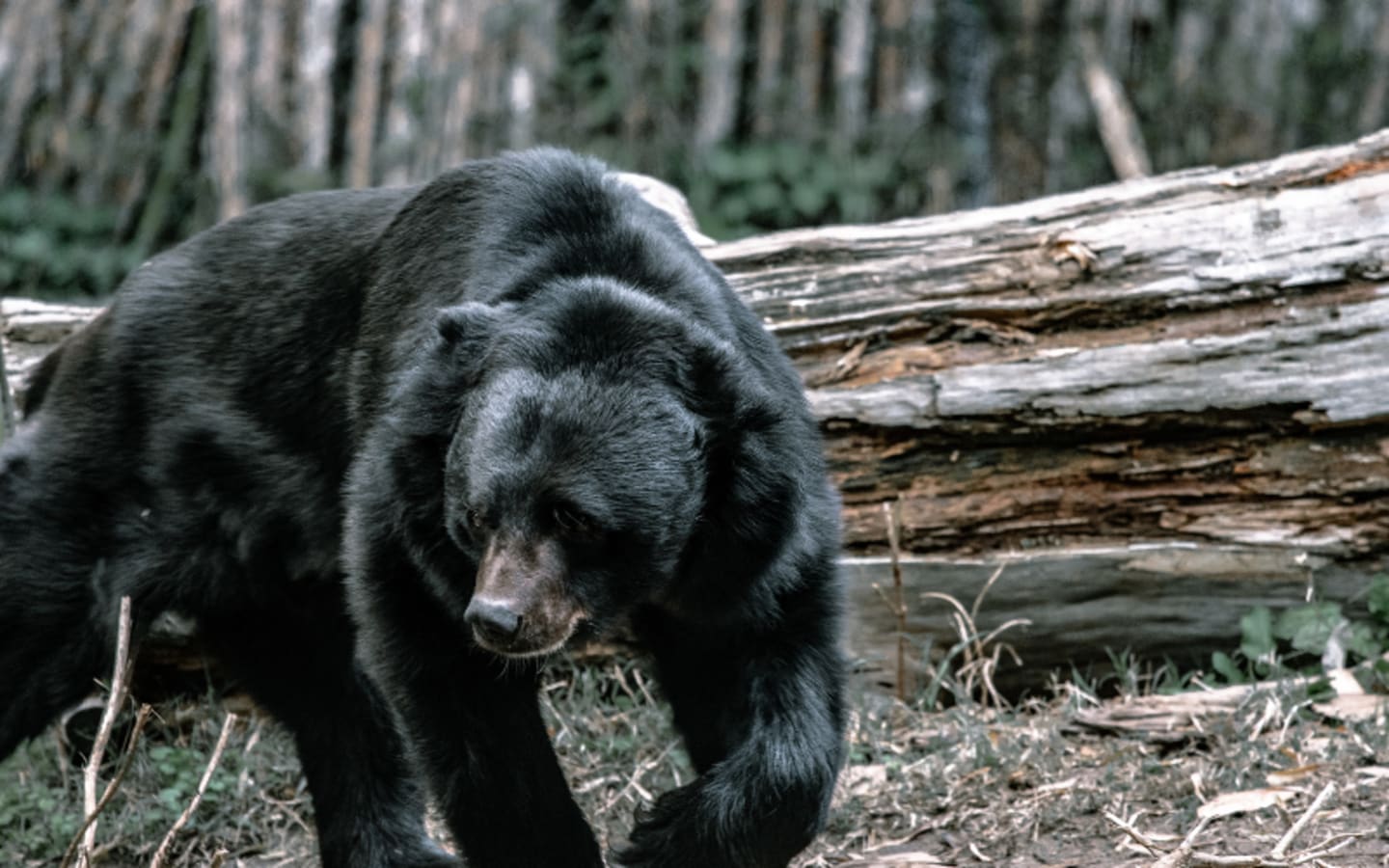In Florida, a heated debate is brewing over the state’s decision to bring back a regulated black bear hunt for the first time since 2015. The Florida Fish and Wildlife Conservation Commission (FWC) has given preliminary approval for a hunting season, citing the need to manage the growing black bear population and reduce human-bear conflicts. However, opponents of the hunt are fighting back with a bold and unconventional strategy: flooding the bear tag lottery to block legitimate hunters from participating. This tactic has ignited a firestorm of controversy, raising questions about the balance between wildlife management, constitutional rights, and ethical protest.
The FWC’s decision to reinstate the black bear hunt comes in response to a rising number of black bears in Florida and increasing encounters between bears and humans. One tragic incident in Collier County, where an 88-year-old man was fatally attacked by a bear, underscored the urgency of managing the bear population. The FWC voted 4-1 on May 15 to move forward with a plan that would issue 187 black bear tags for the upcoming season, with a final vote set for August. According to the FWC, the hunt is designed to target bears weighing at least 100 pounds, with strict rules prohibiting the harvest of cubs or bears accompanied by cubs.
The hunt’s revival has been met with fierce opposition from groups and individuals who believe it’s unnecessary and cruel. Leading the charge is Chuck O’Neal, president of Speak Up Wekiva, an organization dedicated to protecting the Wekiva River and its surrounding ecosystem. O’Neal and other anti-hunting advocates have devised a plan to disrupt the hunt by applying for the limited bear tags in large numbers. Their strategy is simple but calculated: by securing as many tags as possible, they aim to prevent hunters from obtaining them, thereby reducing the number of bears killed.
O’Neal, who has never hunted in his life, referenced Florida’s recently passed Amendment 2 with a touch of sarcasm when explaining his group’s approach. Approved by over 67 percent of Florida voters in 2024, Amendment 2 enshrines the right to hunt and fish for anyone with a valid license, declaring these activities as the state’s “preferred means of responsibly managing and controlling fish and wildlife.” O’Neal argues that this constitutional protection allows anyone, including those opposed to hunting, to purchase a license and enter the bear tag lottery. “I might as well take advantage of that,” he said, hinting at the possibility of applying multiple times to increase the odds of drawing a tag.
The tactic has sparked a wave of discussion online and in local communities. Social media posts, including some shared by O’Neal, urge anti-hunters to buy licenses and apply for bear tags, often accompanied by emotional images like a small bear cub with captions encouraging people to “save” bears by securing permits. These messages have drawn criticism from hunting advocates, who argue that such tactics undermine the spirit of Amendment 2. The amendment was designed to protect the rights of hunters and anglers, not to enable coordinated efforts to obstruct legal hunting. By flooding the lottery, opponents could effectively limit access for those who intend to hunt, potentially disrupting the state’s wildlife management goals.
However, pulling off this protest strategy is not as straightforward as it might seem. Florida’s hunting regulations require anyone applying for a license to complete a hunter safety course, a hurdle that could deter some anti-hunters from participating. Without completing the course, even those who win a bear tag in the lottery would be unable to purchase a permit to claim it. This requirement could significantly limit the impact of the protest unless opponents are willing to invest the time and effort to complete the necessary training. For dedicated activists like O’Neal, this might not be a dealbreaker, but it could discourage casual participants from joining the effort.
The controversy also raises legal and ethical questions. While it’s not explicitly illegal to apply for a tag and not hunt, the coordinated effort to flood the lottery could be seen as an attempt to subvert the purpose of Amendment 2. The amendment emphasizes hunting as a tool for wildlife management, and blocking hunters from accessing tags could undermine the FWC’s ability to control the bear population. Some critics argue that this tactic deprives legitimate hunters of their constitutional rights and could set a precedent for similar protests in other states. It’s unclear whether the FWC has a plan to address this issue or if there would be any consequences for those who secure tags with no intention of hunting.
The growing bear population in Florida has been a double-edged sword. On one hand, it’s a testament to successful conservation efforts that have helped black bears rebound from near extinction in some areas. On the other hand, it has led to more frequent human-bear conflicts, particularly in suburban and rural areas where bears rummage through trash or wander into backyards. The FWC points to these incidents, along with the fatal attack in Collier County, as evidence that a regulated hunt is necessary to keep the population in check and ensure public safety.
For many Floridians, the bear hunt is more than just a wildlife management issue—it’s a clash of values. On one side are those who see hunting as a practical and time-honored way to balance ecosystems and protect communities. On the other are those who view it as an outdated practice that prioritizes human convenience over animal welfare. The anti-hunters’ lottery tactic has added a new layer of complexity to this debate, forcing both sides to grapple with questions about fairness, intent, and the role of constitutional protections in shaping wildlife policy.
As the FWC prepares for its final vote in August, the outcome of this controversy could have far-reaching implications. If the hunt moves forward, it may set a precedent for other states, like Connecticut, which is also considering a bear hunting season. Meanwhile, the anti-hunters’ strategy could inspire similar protests elsewhere, challenging wildlife agencies to find ways to balance public participation with effective management. For now, Florida remains a battleground for these competing visions of conservation, with the black bear at the center of the storm.





